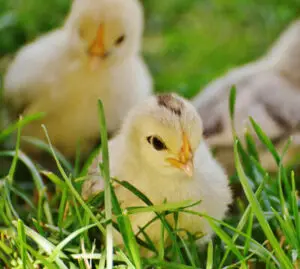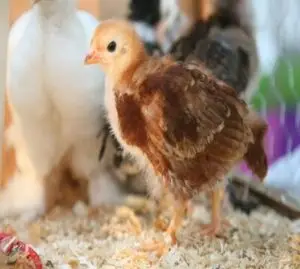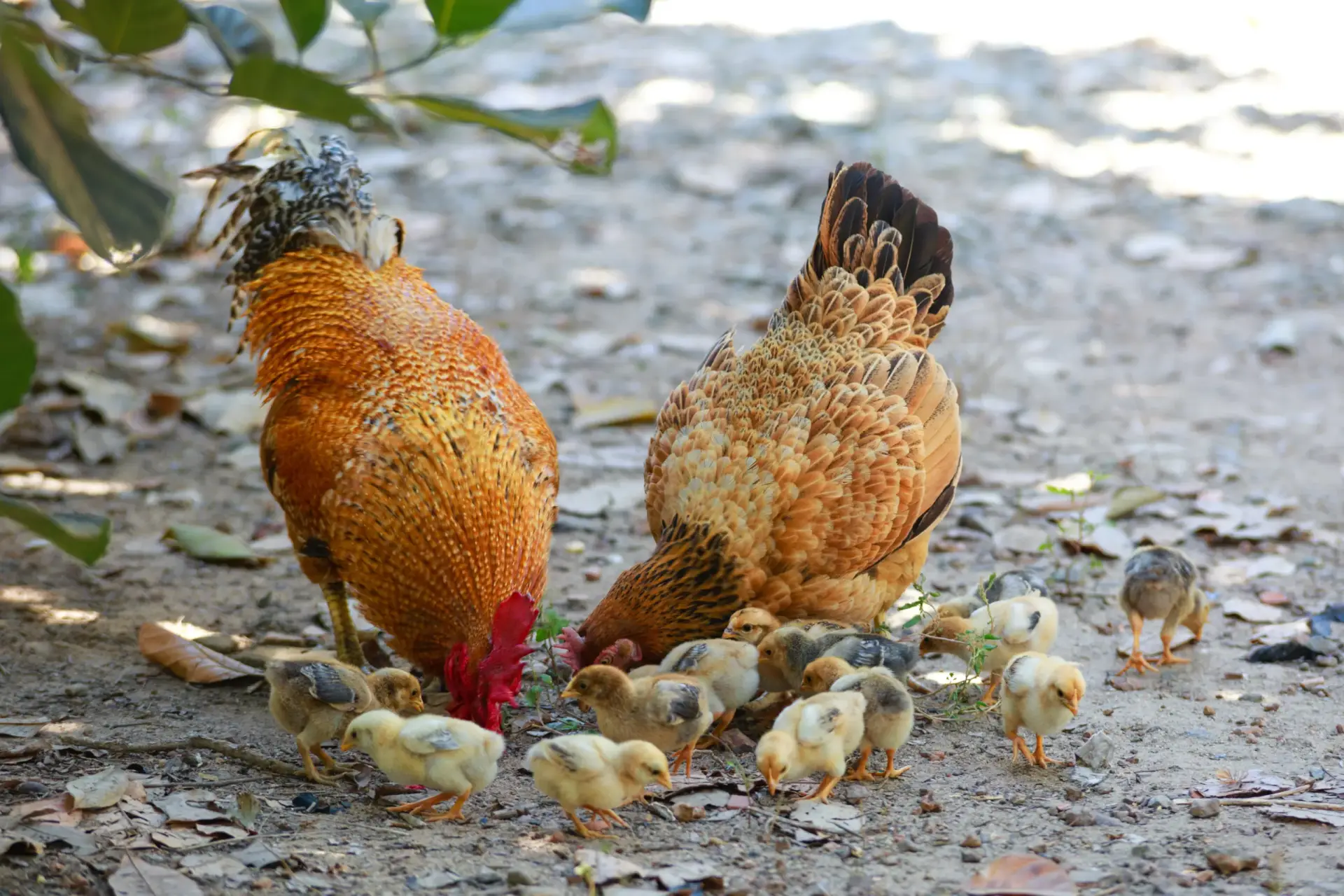
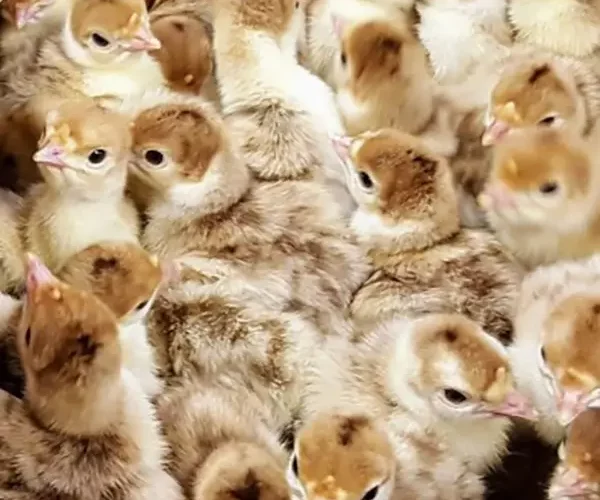
Raising Turkey Poults: Extra Care for Your Young Turkeys
Raising turkey poults can be a rewarding experience. Although caring for young birds of any kind requires attention and practice, raising turkeys provides its own unique set of behaviors and needs. From their specific diets to socialization requirements, it’s important to understand exactly how each species should be handled in order to give your feathered babies the best care possible. Luckily our chick care guide is an excellent starting place for learning about these little creatures and how to provide them with safe housing, nutritious food and proper health checks. In this blog post though we will focus on some extra points when it comes to caring for baby turkeys.
Discover the nuances of raising baby turkeys with ease. From the essential supplies to setting up the ideal turkey poultry environment, and maintaining optimal food and water conditions, learn how to expertly care for your little flock. Raising baby turkeys is akin to raising chicks, but there are some important distinctions.
Overview
Raising turkey poults requires careful attention and planning to ensure their growth and health. These fluffy little birds need a suitable environment, proper nutrition, and protection from predators to thrive. The first few weeks are crucial, as the poults need highly regulated warmth and a steady supply of water and food to develop their immune systems. They may need some additional support to get adequate food and drink. As they grow, they’ll need more space and a suitable diet to support their rapid growth. It’s essential to monitor their behavior and weight regularly, as any issues can quickly escalate. Raising turkey poults may take patience and dedication, but the end result is a great addition to your flock.
Temperature Regulation
When it comes to raising turkeys and chickens, providing the right temperature is crucial for both types of poultry, as it affects their growth and overall health. You can follow our temperature chart for your poults & chicks. By considering the temperature needs of turkey poults and chickens, farmers and backyard keepers can ensure that their birds receive the appropriate care and thrive in their environments.
Setting up a brooder for turkey poults is a crucial first step in their care and growth. It is important to consider the warmth, cleanliness, and safety of the space in order to ensure healthy and happy birds. A brooder should be equipped with a heat lamp and thermometer to regulate temperature. Turkey poults are bigger than baby chicks and they will need more room as they grow.
During placement and in the following days, it is important to monitor your poults’ behavior and activity. If you observe poults shying away from the heat source, it’s a sign that the temperatures may be too elevated. Alternatively, if they’re clustering together, they may be too cold. Turkey poults are more susceptible to respiratory illnesses than chickens, so observation is key.
Differences in Feeding and Watering of Turkeys
Turkey poults require more protein in their starter-grower feed than baby chicks. To address their high-protein needs, it is recommended to provide them with a Game Bird & Turkey Starter feed containing a 30 percent protein formula. This specialized feed provides all the necessary nutrients for their optimal growth and development.
Turkeys may have a harder time learning to eat and drink on their own, and they can easily drown as babies. You should fill the water tray with marbles or rocks to keep them from drowning from drinking water. They can drown in water that seems fairly shallow. Additionally, if they were to get wet for very long, they may get cold which can rapidly kill them.
When turkey poults fail to locate or properly utilize supplied food and water, this can result in “starve out.” These poults can starve or dehydrate to death even with an ample supply of food and drink available. One practice that can help with this is the use of trainer birds. You can temporarily place some strong baby chicks to your turkey poult enclosure. The young chickens will eat and drink and the turkey poults will learn to copy the behavior.
Stress
Turkey poults get stressed more easily than baby chicks. They need ample space to avoid their propensity to pile up, and they need to be able to avoid common stressors. Turkey poults will die if over stressed for too long.
The most common stressors that are likely to kill your poults include overcrowding, failure to eat and drink, inadequate nutrients from eaten food, getting too hot or cold, harsh managements, and disease or illness. Baby chickens tend to be a bit hardier, and your turkeys will eventually strengthen, but the early days are a high risk time for turkey poults.
In conclusion, raising young turkeys can make for an exciting challenge that new poultry owners enjoy. You should always keep in mind the potential for common pitfalls and know when to act if a turkey is not doing well health-wise. Caring for your young turkeys means understanding their needs and they ways that make them different from baby chickens. Learn and provide them with the best possible environment to thrive.
Share:
Maddie
Blog Categories
Social Media
Most Popular

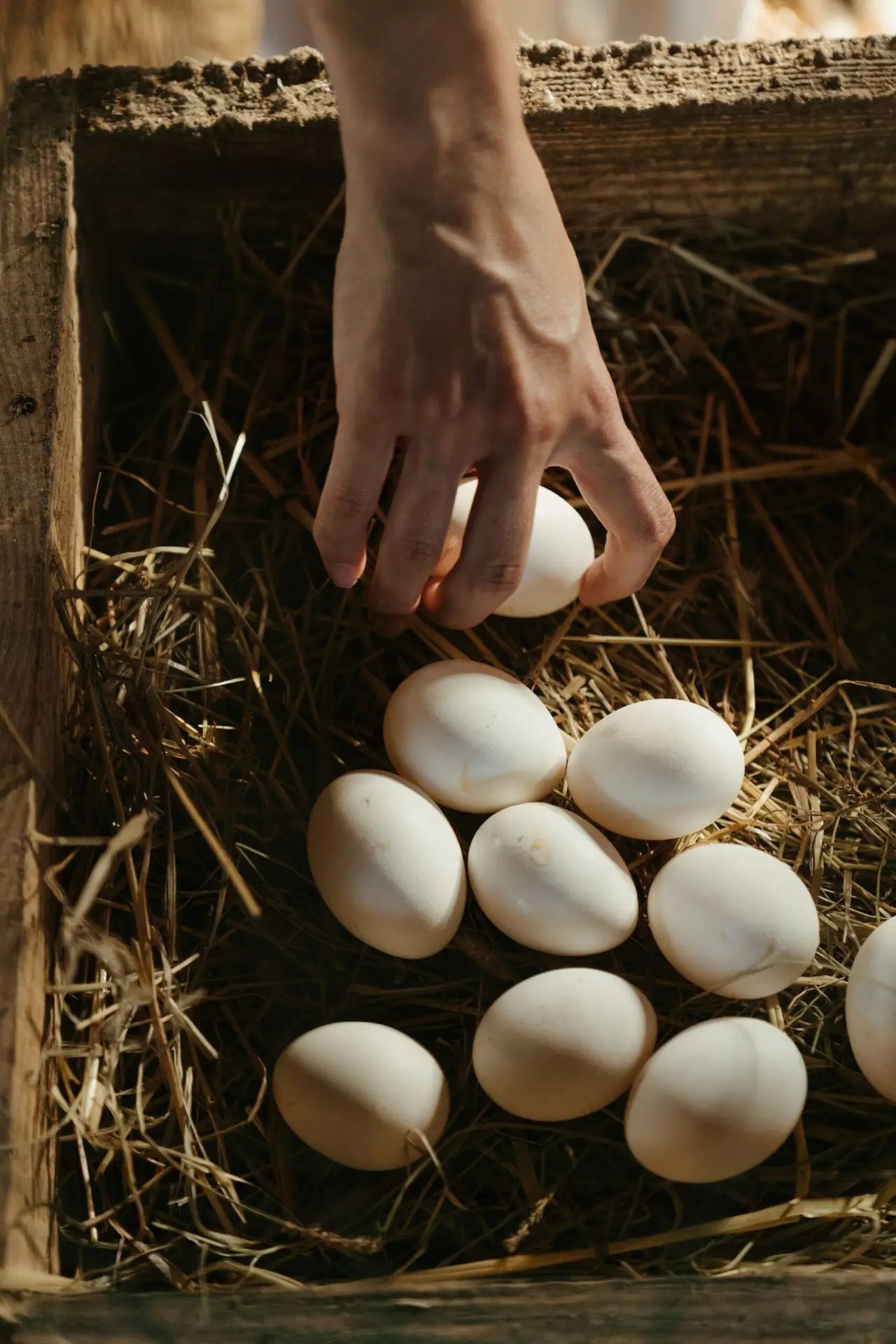
Quick Tips: Addressing Egg Laying Concerns
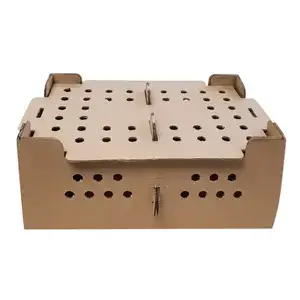
Tips for Chick Season
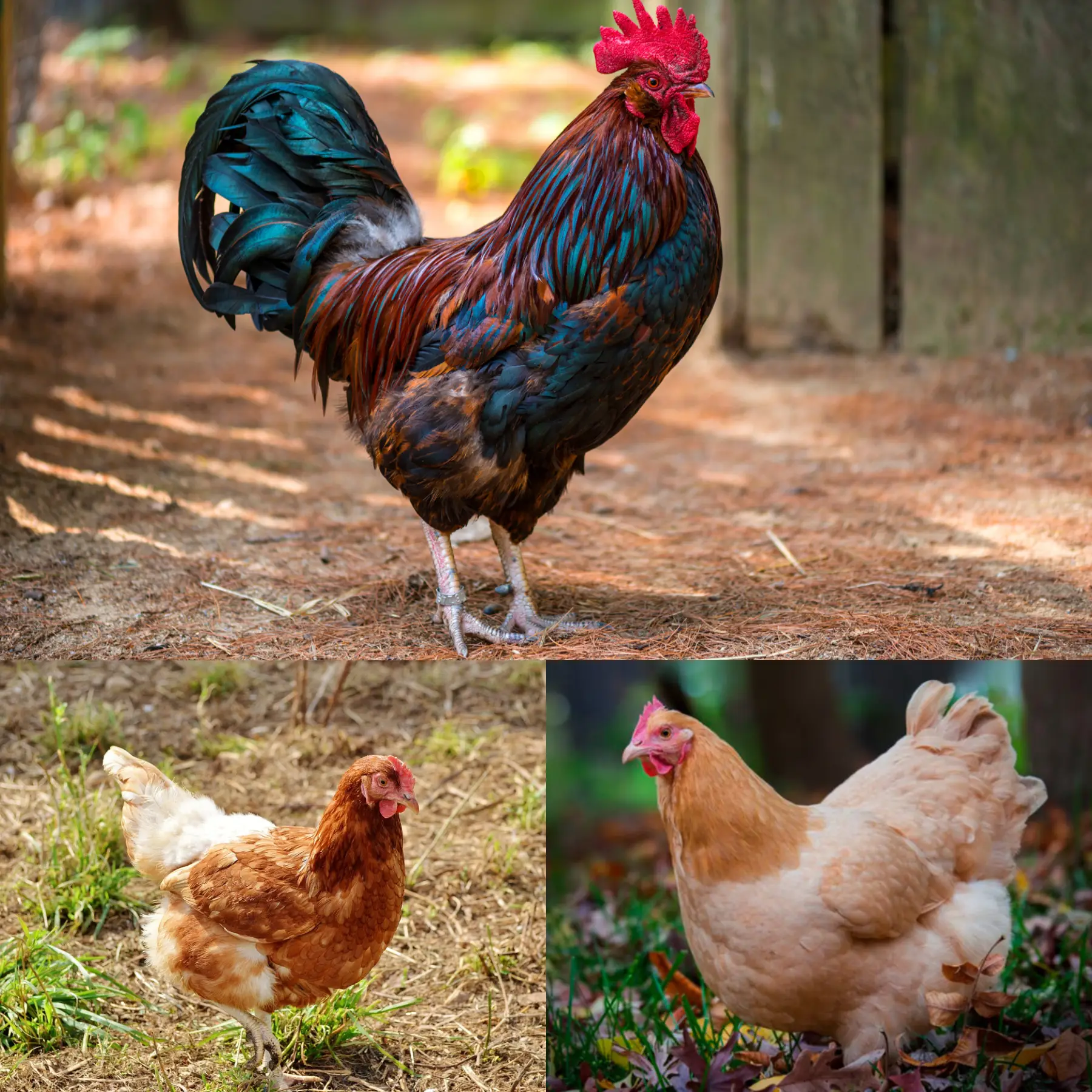
Quick Tips: Hen or Rooster?
Subscribe To Our Newsletter
Get notifications only about new products and updates.
Related Posts

Integrating New Chicks into Your Established Flock
Integrating new chicks to an established flock of chickens can be a delicate process. For many poultry keepers, the integration is crucial to maintaining peace

Quick Tips: Addressing Egg Laying Concerns
Not Getting Eggs from Your Hens? Here’s What You Need to Know! Are your hens taking their sweet time before they start laying eggs, or

Tips for Chick Season
Hey there, chicken enthusiasts! Are you ready for the upcoming chick season at Valley Hatchery? Let us share some tips to make sure your season

Quick Tips: Hen or Rooster?
Image Source: Grubbly Farms If you’ve found your way here, you’re likely in that common situation of scratching your head and wondering, “Is my chicken


